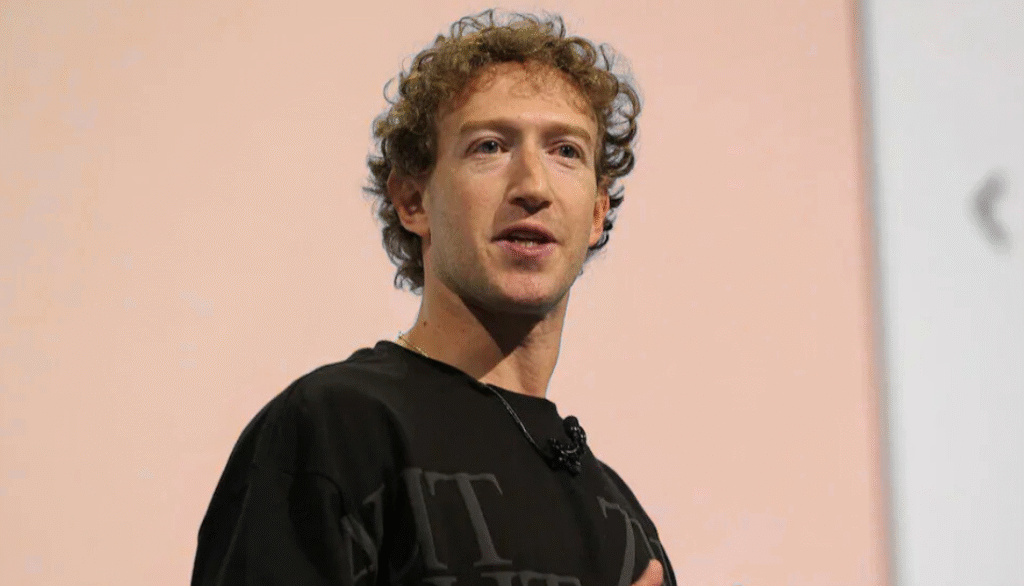Meta has entered into a licensing agreement with AI startup Midjourney to bring its image and video generation technology into future Meta products.
The announcement was made by Meta’s Chief AI Officer Alexandr Wang in a Threads post, where he described the company’s “all-of-the-above” approach—investing in research talent, large-scale compute infrastructure, and partnerships with leading AI developers.
Why Midjourney Matters
Founded in 2022, Midjourney quickly established itself as one of the most recognizable names in AI-generated imagery. The company reached an estimated $200 million revenue pace in 2023, powered by its subscription model priced between $10 and $120 per month.
The most widely used image generator and its first AI video model, V1, launched in June 2025.
Unlike many peers, Midjourney has remained self-funded and independent. CEO David Holz confirmed the company declined outside investment and acquisition offers, including prior talks with Meta.
The partnership with Midjourney is part of Meta’s broader effort to strengthen its position in the competitive AI market, where it trails leaders such as OpenAI, Google, and Black Forest Labs.
Recent moves by Meta include,
- Aggressive hiring, with AI researcher compensation packages exceeding $100 million.
- A $14 billion investment in Scale AI and the acquisition of voice AI startup Play AI.
- Development of in-house tools such as Imagine (image generation across Facebook, Instagram, and Messenger) and Movie Gen (text-to-video).
Competition
By licensing Midjourney’s technology, Meta aims to narrow the performance gap with rival offerings:
- OpenAI’s Sora (video generation)
- Google’s Veo
- Black Forest Labs’ Flux
Midjourney’s reputation for producing highly aesthetic and stylistically unique outputs could help Meta deliver more visually compelling creative tools across its platforms.
Legal Challenges in AI Development
Both Meta and Midjourney face ongoing legal scrutiny over training data. In early 2025, Disney and Universal filed lawsuits against Midjourney, alleging use of copyrighted material in training datasets. Meta and other AI companies face similar legal challenges.
Although lawsuits continue, recent court trends have leaned in favor of technology companies, suggesting these disputes may not significantly delay product rollouts.
Meta Superintelligence Lab
The deal also coincides with Meta’s restructuring of its AI division into the Meta Superintelligence Lab, its fourth reorganization in six months. This reflects Meta’s shift from relying solely on in-house development to a hybrid model—combining internal research with selective external partnerships.
Midjourney’s independence is notable in a sector increasingly defined by consolidation and heavy funding. Its choice to remain self-funded provides flexibility and creative control, giving it unique leverage as a technology partner for Meta.
The financial details of the licensing agreement remain undisclosed.


